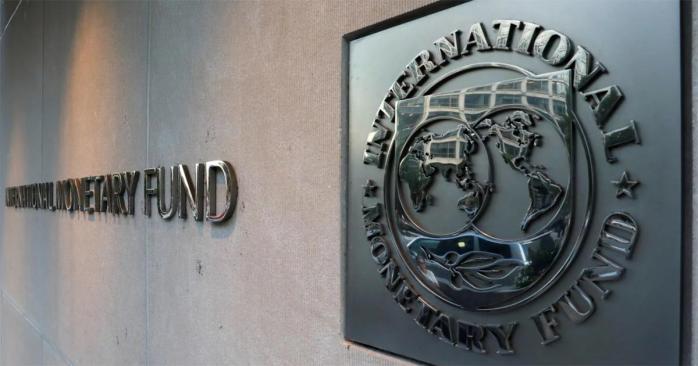BAKU, Azerbaijan, Aug.2. In a scenario with full interruption of Russian gas flows into Italy from July 2022, the International Monetary Fund (IMF) staff estimates a net gas shortfall of 15 percent of total gas supplies over the subsequent 12 months, Trend reports via IMF.
“The gross shortfall of Russian gas could be partially met by: (i) additional inflows resulting from recent agreements with other gas suppliers replacing 40 percent of total Russian flows; (ii) delaying the retirement of coal power plants, thereby freeing up gas for other uses, and (iii) allowing a larger seasonal drawdown of gas inventories to 10 percent of storage capacity by next spring (compared with the 32 percent minimum achieved this year). However, with existing LNG handling capacity close to full utilization, and an additional 5 bcm in new LNG capacity expected to come online only in spring 2023 (with a further 5 bcm in 2024), there is limited scope to further increase LNG imports to alleviate gas shortages during the upcoming winter. As the situation is continuing to evolve, the net gas shortfall could deviate from the current estimates, in both upside and downside directions,” reads the IMF report.
The GDP loss from a gas shortfall depends, inter alia, on how the scarce gas is allocated across sectors. Price is typically the method used to allocate goods and services. However, in the context of limited supply, the price increase needed to clear the market may be very large and preclude some priority users from accessing gas. Consistent with EU policy and Italy’s emergency plan, IMF assumes households have preferential access to gas and electricity, thereby further reducing the amount of energy available to “productive” sectors. IMF also assume that the service sector, which has a high value added per unit of energy consumed, is partially protected.
---
Follow the author on Twitter: @Lyaman_Zeyn







